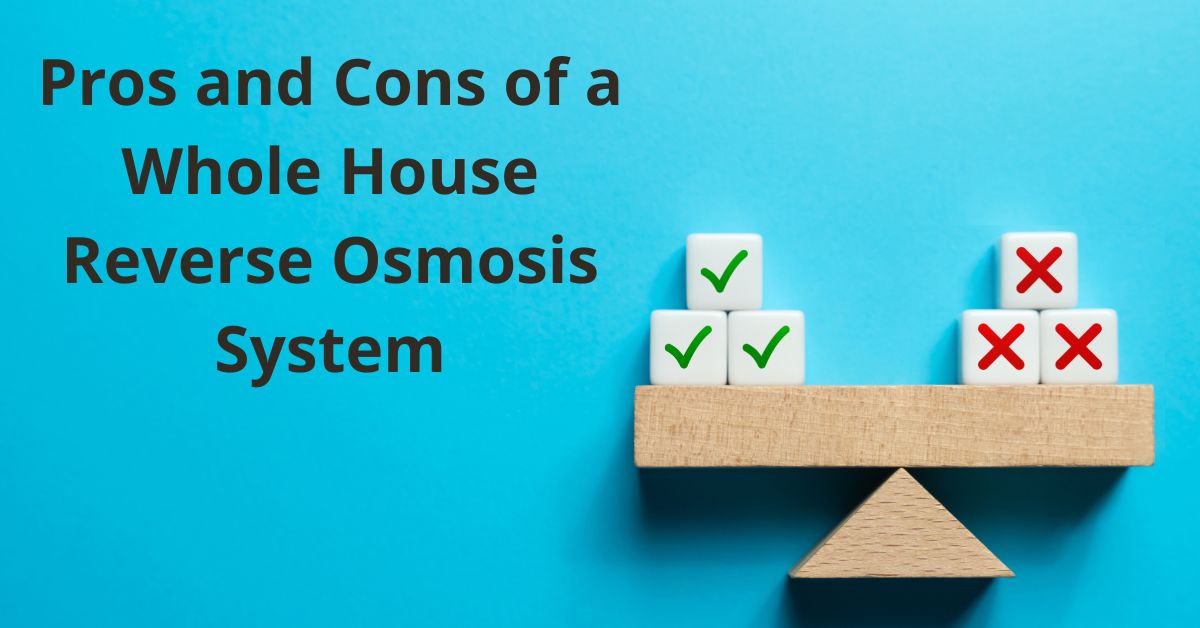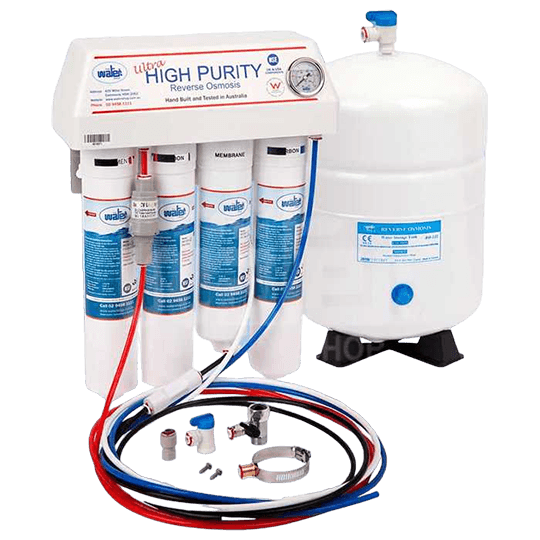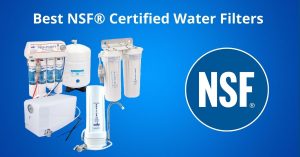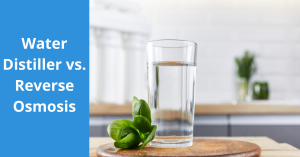
Pros and Cons of a Whole House Reverse Osmosis System
As someone who’s spent years researching water filtration technologies, I’ve seen firsthand the confusion many homeowners experience when choosing a water filter system for their home. Today, I’m diving deep into whole house reverse osmosis (RO) systems to help you make an informed decision.
Understanding Reverse Osmosis Water Filtration
Reverse osmosis is a powerful water purification method that removes contaminants by pushing water through a semipermeable membrane. It’s incredibly effective at eliminating a wide range of impurities, including dissolved solids, chemicals, and potentially harmful substances like PFAS (per- and polyfluoroalkyl substances).
The Whole House RO System: Promises and Pitfalls
Pros of a Whole House Reverse Osmosis System
A whole house water filter system delivers comprehensive filtration by treating every drop of water entering your home. It removes multiple contaminants like heavy metals, chlorine, pesticides, and other potentially harmful substances so you can enjoy improved water quality throughout your home. It also potentially reduces scale buildup in pipes and appliances
Cons of a Whole House RO System
The cost of a whole house reverse osmosis system is extremely high. Installation and maintenance can be prohibitively expensive and an RO systems significantly reduces the flow rate. These systems can produce several litres of waste water for every litre filtered water so filtering all the water a household consumes in a day can become quite expensive.
Why Point of Use RO Systems Are Often Better

Having worked in the water filtration industry for many years, I’ve concluded that a point-of-use reverse osmosis water filter is typically a more practical and cost-effective solution. Here’s why:
1. Targeted Filtration: These systems concentrate on treating water at specific locations, such as your kitchen sink, where you use drinking and cooking water.
2. More Efficient: They require less maintenance and are more economical to install and operate.
3. Specific Contaminant Removal: Ideal for addressing specific water quality concerns in your drinking and cooking water.
The Fluoride Filtration Dilemma
When it comes to fluoride water filter options, a whole house system is not the most effective approach. Fluoride water filters require a long contact time which slows down the flow rate. This is very inefficient for removing fluoride across the entire home water supply. The better alternative is a point-of-use fluoride water filter. This is an excellent addition to your whole house filter system. These targeted filters can effectively remove fluoride from drinking water, provide more concentrated and efficient filtration, are more cost-effective and easier to maintain.
Making the Right Choice
As someone passionate about water quality, I always recommend a balanced approach. Install a quality whole house water filter system for basic filtration and add a point-of-use reverse osmosis system for drinking and cooking water.
Finding the ideal balance between comprehensive protection and practical implementation is crucial when selecting the right water filtration system. While whole house RO systems sound impressive, they’re often impractical for most homeowners. Your water quality matters, but so does your budget and everyday convenience. Consider your unique water requirements, seek advice from a water treatment specialist, and select a solution that offers optimal protection without exceeding your budget.
Disclaimer: Always have your water professionally tested to understand its unique composition and filtration needs.



